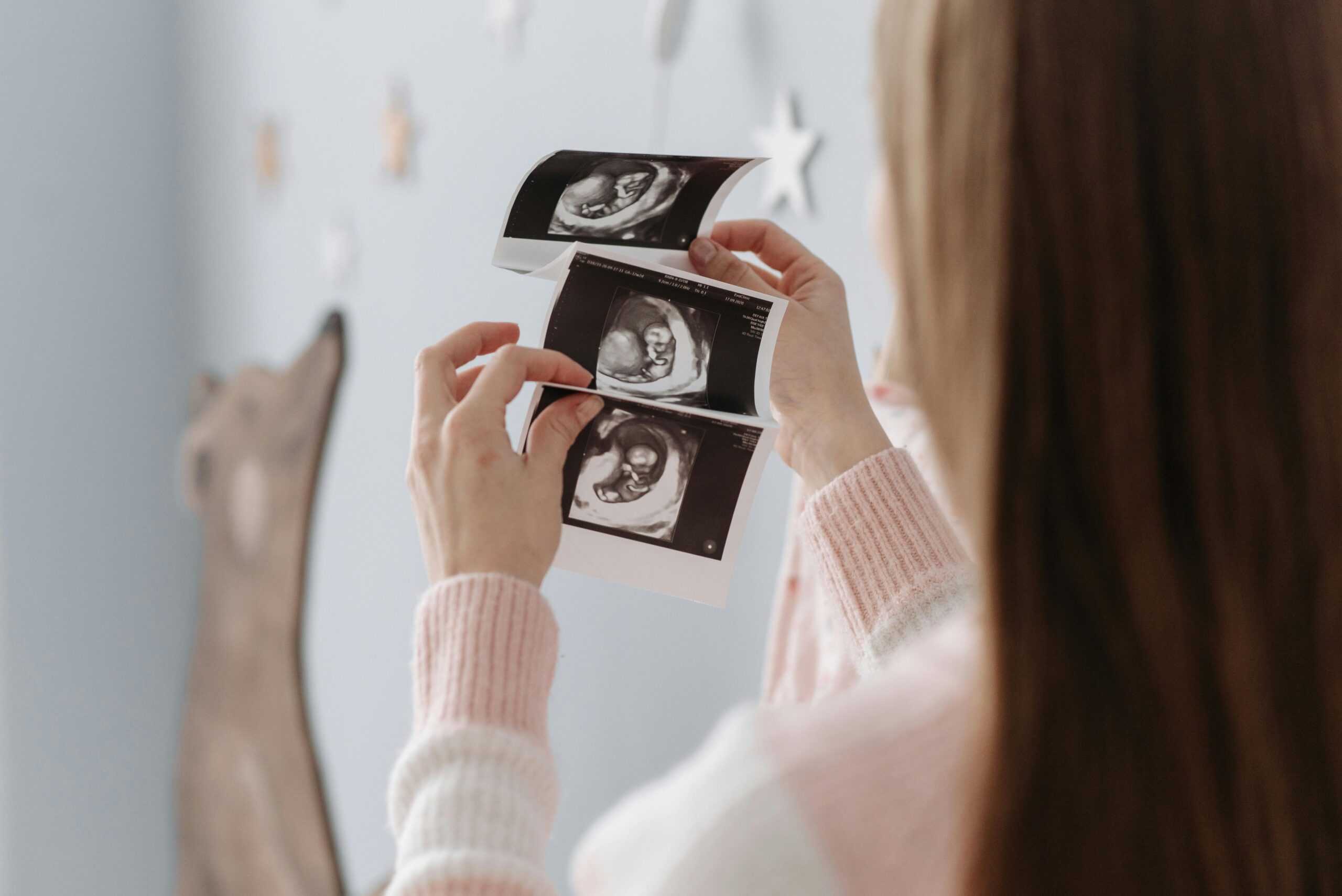Introduction
Pregnancy is a beautiful journey filled with hope and excitement, but it can also bring about feelings of anxiety, especially when it comes to understanding miscarriage risks. Many expecting parents wonder about the miscarriage risk by week, as it can help them navigate their pregnancy with more awareness. In this post, we will explore the miscarriage risk at various stages of pregnancy, providing insights to help you feel informed and supported.
What is Miscarriage?
A miscarriage is defined as the loss of a pregnancy before the 20th week. It is a common experience, with studies suggesting that about 10-20% of known pregnancies end in miscarriage. However, the risk can vary significantly based on various factors, including the week of gestation.
Miscarriage Risk by Week
Understanding miscarriage risk by week can provide clarity during a time that can often feel overwhelming. Here is a breakdown of the miscarriage risk throughout the early weeks of pregnancy:
Weeks 1-4
During the first four weeks of pregnancy, many women may not even realize they are pregnant. The risk of miscarriage during this time is relatively high, often due to chromosomal abnormalities that prevent the embryo from developing properly. It is estimated that about 50-75% of miscarriages occur before the pregnancy is even detected.
Weeks 5-6
At weeks five and six, the embryo is growing and developing rapidly. The risk of miscarriage remains significant, with estimates suggesting a 10-15% chance. Many women may start to experience symptoms like morning sickness or fatigue, which can provide reassurance that the pregnancy is progressing.
Weeks 7-8
As you enter the 7th and 8th weeks, the risk of miscarriage decreases slightly, but it is still present. The chance of miscarriage during this period is about 5-10%. By now, your healthcare provider may perform an ultrasound, allowing you to see the heartbeat, which can be a hopeful milestone for many expecting parents.
Weeks 9-10
During weeks nine and ten, the risk of miscarriage continues to decline, with estimates around 3-5%. At this stage, the embryo is developing organs and systems, and many parents begin to share their exciting news with family and friends.
Weeks 11-12
By the time you reach weeks 11 and 12, the risk of miscarriage drops to approximately 1-2%. This is often considered the end of the first trimester, and many pregnant individuals feel a sense of relief as the pregnancy enters a more stable phase.
Factors Influencing Miscarriage Risk
While the miscarriage risk can vary by week, several factors may influence the likelihood of miscarriage throughout your pregnancy:
- Age: Women over 35 may have a higher risk of miscarriage due to factors related to egg quality and chromosomal issues.
- Health Conditions: Conditions such as diabetes, thyroid disorders, and autoimmune diseases can increase miscarriage risk.
- Previous Miscarriages: Women with a history of multiple miscarriages may face a higher risk in subsequent pregnancies.
- Lifestyle Factors: Smoking, excessive alcohol consumption, and drug use can negatively impact pregnancy health.
When to Seek Help
If you experience symptoms like heavy bleeding, severe cramping, or the sudden loss of pregnancy symptoms, it is essential to contact your healthcare provider promptly. While these symptoms can indicate a miscarriage, they may also be a part of a normal pregnancy. Only a healthcare professional can provide the right guidance and support.
Conclusion
Navigating pregnancy can be a mix of joy and uncertainty, particularly concerning miscarriage risk by week. While it is important to be informed, it is equally vital to approach this topic with a sense of balance. Many pregnancies progress smoothly, and understanding the risks can prepare you emotionally and physically. Always remember that if you have concerns or questions, your healthcare provider is your best resource for guidance and support. Wishing you a healthy and happy pregnancy journey!
If you found this post helpful, consider sharing it with other expecting parents or leaving a comment below. Your experiences and insights can help others in their journey.


